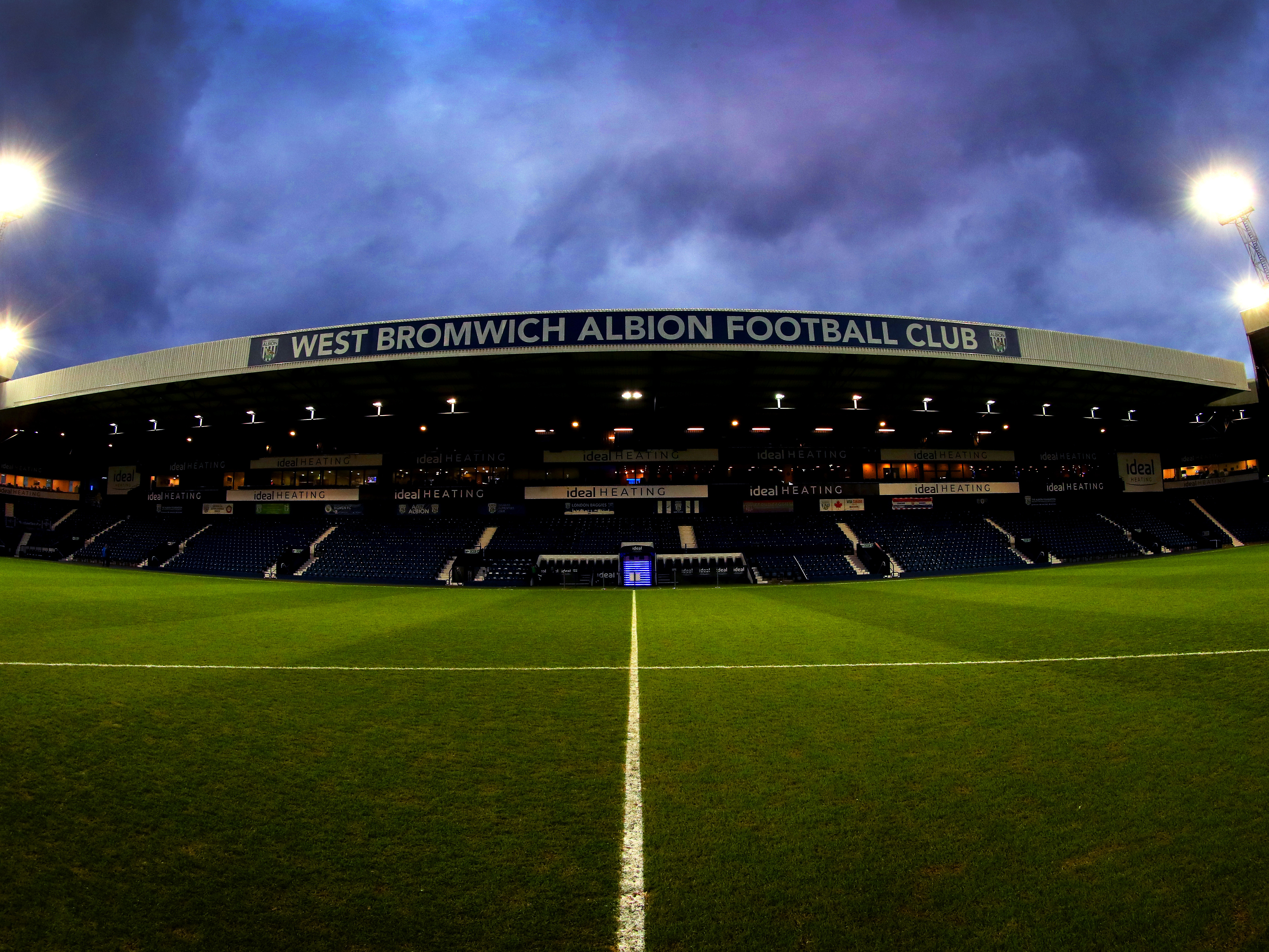Sandwell Council, supported by West Bromwich Albion Football Club, announces plans to implement short and long-term measures to ease congestion at Junction 1 of the M5 motorway.
High traffic volumes have returned to pre-pandemic levels at peak times causing long queues for road users in the area throughout the week, including matchdays.
The council and National Highways, who are responsible for road infrastructure in the area, are working to improve traffic flow at the junction in the short-term and will also work with the club in the development of scheme options for a longer-term solution.
Before the pandemic, peak time traffic volumes at the junction exceeded the capacity of the junction by around five per cent. To manage this in previous years, there have been many changes to lane allocation, lane markings and signal timings at the junction to increase capacity within the limitations of road space and design of the junction.
Following the end of Covid-19 restrictions, traffic levels have increased and on occasion surpassed pre-pandemic volumes, extending queues at the junction further. The council is now undertaking surveys and analysis to determine and understand the current levels and distribution of traffic using the junction. This will then be used to identify any short-term improvements that can be made within the limits of the current infrastructure.
Longer term, the Government has provided funding to the council through the West Midlands Combined Authority to develop a scheme to rebuild the junction. Government approval has been sought for funds to commence the long-term process for a major junction reconstruction scheme within the next ten years.
Councillor Kerrie Carmichael, Leader of Sandwell Council, said: “The increasing congestion at the junction is a priority issue for the council as the local traffic authority. This is an issue on matchdays and other peak traffic times, and we are working with our partners, including West Bromwich Albion, to find improvements for the busiest junction in the borough.
“However, there is a really important need to deliver a permanent solution through a major junction improvement. We have started looking into the practicalities of doing this work and are aware of the extensive preparations required for this type of scheme, which needs to be supported by strong evidence. The public would need to be consulted and the construction work done in a manner that allows traffic flows to continue.”
In the short-term, the council and its partners will continue working to identify and put in place affordable measures to improve traffic flows.
Reducing car journeys on match days could help ease congestion, and the council and its partners are encouraging people to either park further afield and walk or take rail and metro services to the game. They are also working with West Midlands Police to help manage traffic and Transport for West Midlands to provide an increased level of public transport if possible, to help further reduce car trips on match days.
West Bromwich Albion Managing Director (Non Football), Mark Miles, added: “I would like to thank Sandwell council and National Highways for listening to our concerns and acting on them. Traffic congestion has been a major issue for supporters on matchdays and staff travelling to and from work each day.
“By working closely together with the council we hope both the short and long-term solutions will ensure visitors can access The Hawthorns easily in the future.
“We work with the council on a range of issues and I am hopeful we can continue to develop a positive relationship which will be in the best interests of all parties, including our supporters, staff and local residents.”
